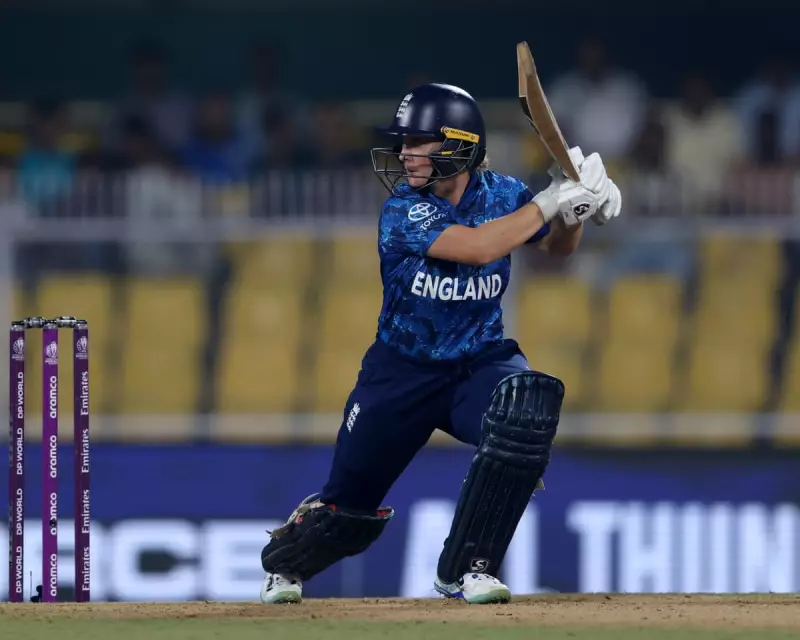
In a breathtaking display of batting brilliance that will be remembered for generations, South African captain Laura Wolvaardt delivered what can only be described as the performance of her career, scoring an unbeaten 189 runs that left England's bowling attack in tatters.
A Captain's Innings for the History Books
Wolvaardt's monumental effort at the County Ground wasn't just impressive—it was record-shattering. Her 189* now stands as the highest individual score ever recorded against England in women's ODIs, a staggering achievement that showcased her technical perfection and mental fortitude.
The statistics alone tell a story of dominance: Wolvaardt faced 211 deliveries, striking 20 boundaries in a innings that mixed elegant strokeplay with brutal efficiency. This wasn't merely a good knock; it was a statement innings that announced South Africa as genuine contenders on the world stage.
England's Bowling Collapse Exposes Deep-Rooted Issues
While Wolvaardt deserved every accolade, England's performance raised serious questions about the team's direction and selection policies. The bowling unit appeared toothless against Wolvaardt's onslaught, with veteran spinner Sophie Ecclestone conceding 81 runs from her 10 overs—her most expensive ODI figures to date.
The concerns extend beyond a single poor performance. England's team balance appears fundamentally flawed, with the absence of a genuine sixth bowling option creating strategic limitations that opposing teams are increasingly exploiting.
Selection Headaches and Tactical Failings
England's decision-making came under particular scrutiny. The continued exclusion of Sophia Dunkley, despite her proven match-winning capabilities, seems increasingly difficult to justify. Meanwhile, the team's reliance on part-time bowlers to fill crucial overs has become a predictable weakness that opponents are targeting with devastating effect.
Captain Amy Jones found herself in the unenviable position of having to turn to non-specialist bowlers at critical moments, a tactical constraint that no international side should face in the modern game.
The Path Forward: Urgent Changes Required
This defeat represents more than just a bad day at the office—it's a wake-up call that England cricket cannot afford to ignore. The need for strategic overhaul is immediate and undeniable.
Several critical areas demand attention:
- Team Balance: England must address the lack of bowling depth and consider structural changes to their lineup
- Selection Consistency: The treatment of players like Dunkley requires reassessment
- Tactical Flexibility: Developing plans for when frontline bowlers come under pressure
- Youth Integration: Balancing experience with fresh talent to maintain competitive edge
While Wolvaardt's heroics deservedly dominate the headlines, the underlying story is one of an England team at a crossroads. The brilliance of one player has exposed the systemic issues of another, creating a compelling narrative about what comes next for English women's cricket.





